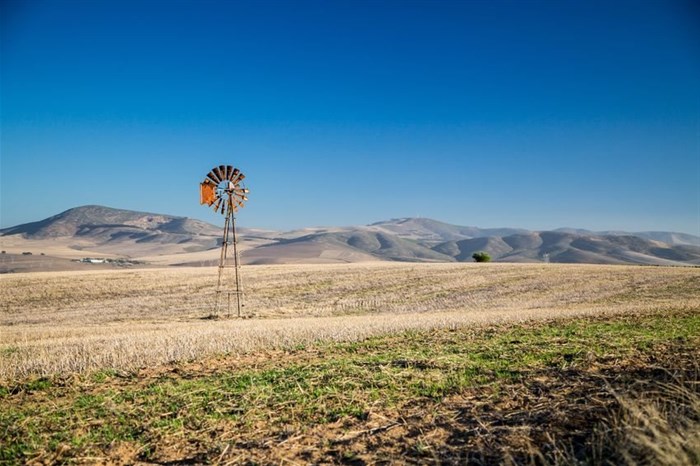The latest results of the Agbiz/IDC Agribusiness Confidence Index survey still showed a subdued mood among agribusiness as widely expected given the negative turn on the weather front that slashed harvest prospects for the 2023/24 summer crop season. This follows further negative news about agriculture’s GDP growth which plummeted by 9.7% quarter-on-quarter in Q4 of 2023 after a -11.7 quarter-on-quarter reading in Q2 according to Statistics South Africa. Agriculture’s performance was indeed bad in 2023 as its overall gross value added fell sharply by 12.2% year-on-year.

Source: ©otto du plessis via
123RFA reading of 40 points in Q4 of 2024 for the Agribusiness Confidence Index (ACI) meant that 10 points are needed to lift the mood out of the doldrums and reach the breakeven level of 50. Unchanged from the previous quarter, the ACI was bedevilled by the persistent issues of poor logistics infrastructure and the deteriorating municipal services that constrain agribusiness operations.
El Niño drought adds pressure
Adding fuel to the fire was El Niño‑induced midsummer drought which caused extreme stress on crops. After being considered a mild event with good rains at the start of the 2023/24 crop season, the El Niño conditions worsened in the second half. Consequently, the National Crop Estimates Committee (CEC) pegged its first estimate of the country's summer crops at 17.41 million tonnes which is a decline of a whopping 13.5% year-on-year.
In the case of the country’s biggest staple, maize, the estimate was slashed by 12.6% year-on-year to 14.36 million tonnes mainly due to a significant reduction in the expected white maize harvest (-17.2% year-on-year). This was expected given the persistent dryness in the producing areas of the North West and some parts of the Free State. Nonetheless, the current harvest estimate still ensures adequate supply for the country and is still higher than the long‑term average (10-year) of 13.1 million tonnes for the commercial maize crop.
Export challenges persist
Despite expectations for another good fruit harvest and the reopening of markets for meat exports mainly to Saudi Arabia, the volume of the export sub-index still fell by 7 points to 35 due to uncertainty about port performance and the lethargic railways.
Not all is doom and gloom though, the net operating income subindex edged closer to the 50 points level after nudging 1 point to 48 with assistance from financial services-related agribusiness. With South Africa struggling with huge unemployment, a positive reading of the employment subindex at 50 points (+3 points quarter-on-quarter) bodes well for sector contribution.
Investments and challenges
Facing intermittent energy supplies, agribusinesses continue to invest in alternatives to sustain operations and this saw the capital investments subindex jumping 7 points to 50 points. Although this is good news, it would have been even better if this included expanding operations if this was not negated by the persistent challenges alluded to earlier including elevated interest rates. The higher interest rate impact was reflected in the financing costs subindex which increased by 14 points to 17. Nonetheless, debtor provision for bad debt was down which reflects a healthy industry and no red flags yet despite the challenges.
The year ahead will be a slight departure from the performance recorded previously, but the sector will continue to innovate and strive for a rebound in 2025.







































